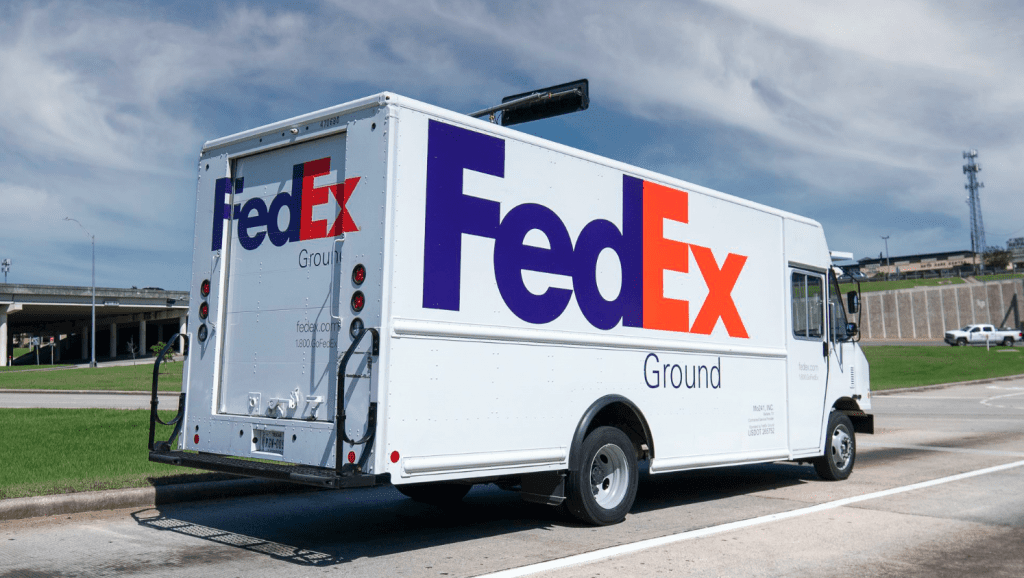How To Choose A Shipping Carrier?
- 25/10/2022
- Philip K
You’re starting up a small business and need to ship your products to customers. How do you choose a shipping carrier?
There are a lot of factors to consider when choosing a shipping carrier, but the most important one is price. You’ll want to find a carrier that offers the best rates for the services you need. But the price is only one factor. You’ll also need to consider the delivery time, the amount of insurance coverage, and the return policy. In this article, we’ll take a look at each of these factors so you can make an informed decision about which carrier is right for you.

What is the Meaning of Shipping Carrier?
When you’re shipping products, you need to use a shipping carrier. But how do you choose the right one?
Well, the first thing you need to do is figure out what your needs are. What type of products do you ship? How many items are you shipping? What are the weight and dimensions of your item?
Once you have those answers, you can start looking at different carriers. Do some research and compare rates—the cost of shipping is a big factor when making your decision.
Also, think about the delivery time and the level of customer service you want. Do you need insurance? Will your products be delivered on time, every time?
There’s a lot to think about when choosing a shipping carrier, but it’s essential to make the right decision for your business.
Criteria for Selecting the Best Shipping Carrier for your Business
When choosing a shipping carrier, you want to ensure you’re picking the best one for your business. Here are the criteria you should use to make your decision:
Obviously, you’ll want to pick an affordable carrier. But don’t just go with the cheapest option—remember, you get what you pay for. Make sure to compare the rates of different carriers and see what services they offer.
Can the carrier easily integrate with your current systems? Is their online portal user-friendly? How good are their customer service reps?
Does the carrier have a presence in your area? Are they able to deliver to your customers’ locations?
How important is it for your business to receive orders quickly? What is the carrier’s average delivery time?
Can the carrier handle shipments of all sizes and weights?
By considering these factors, you’ll be able to choose a shipping carrier that is a perfect fit for your business.
Shipping Carrier Website: UPS VS FEDEX
When you’re looking for a shipping carrier, it’s important to look at their website and see how user-friendly it is.

UPS Pros
UPS Cons

When it comes to shipping carrier websites, FedEx is often the go-to choice. But is it the best option? Let’s take a look at the pros and cons of using FedEx.
FedEx Pros
FedEx Cons
So what’s the verdict? In general, FedEx is a good choice for shipping, but it’s important to compare rates to make sure you’re getting the best deal.
Conclusion
When it comes to choosing a shipping carrier, you have a lot of options. But how do you know which one is right for you? One of the most daunting aspects of third-party logistics (3PL) is the hidden charges and complicated pricing structures that companies offer. It can be a challenge to get your head around the different fees for each service, such as unloading, loading, warehousing, storage, shelving, etc.
We believe that the pricing structure for 3PL should be more transparent. Honest FulPhilment has 17 3PL warehouses around the world. Find out more about our pricing page for details.
Shipping Carrier FAQ
Need a Quick Quote?
– Competitive price
– Quote within 24 hours
– 30+ Shipping methods
– Dedicated account manager
– Shopify/Woo integrations
– Autofulfil
– Auto tracking
– Plus much, much more

5 Best Wholesale Home Decor Suppliers 2023



10 Best Bikini Brands For Summer 2023








